9 tips to extend battery life for Android phones you should apply today
A concern of most smartphone users in general and Android phones in particular is how to extend battery life so that they run longer? If you have the same feeling, read this article and try the following to improve your Android battery.
- 8 tips for maximum battery saving for your phone
1. Limit the application running in the background
Any application running in the background consumes energy. Normally, when we "close" an application, the application is not actually exited, it still runs in the background, checks the signals, views the compass, pings the server and does some other work half. Android is quite good at managing these applications and automatically closes applications that are not used for a long time.

How can I 'kill' all these 'eating' apps? Many users use applications that remove background apps, but if "killing" regular applications, it will consume more energy, because it takes more energy to restart from scratch. So, consider the built-in methods on the following device.
On non-Samsung devices, simply touch the multitasking button and swipe the apps running in the background to the side. Some manufacturers will have a Kill All button at the bottom of the screen. For Samsung devices, this process is slightly different. On Samsung's Android smartphone, just touch the Home button or on newer devices like Galaxy S5, tap the multitasking button, formerly called the menu button.
You will see a list of applications, as shown in the image below and a button that looks like a pie chart. Touch the pie chart, then click the Active applications button at the top of the screen. This is a list of all active applications on the phone. To turn off the background application, simply press the End button.

You can use applications like Tasker or Llama to disable the application running in the background. However, using these two apps means that Tasker or Llama is always running, but if it can turn off two or more applications, it will be more beneficial.
For applications you want to continue running in the background, be sure to update them as needed. Sometimes, these updates can improve energy use, making them more efficient.
2. Set up application sync changes
Applications like email and contacts are applications that often run continuously. You can save energy by tweaking these applications. Access settings and change service synchronization frequency. Instead of every 5 minutes, set up a synchronization every 30 minutes.
Also you can change the data to be synchronized. Click Settings , then select Accounts , select the account you want to adjust. In the image illustrated below, Google synchronization services are adjusted.
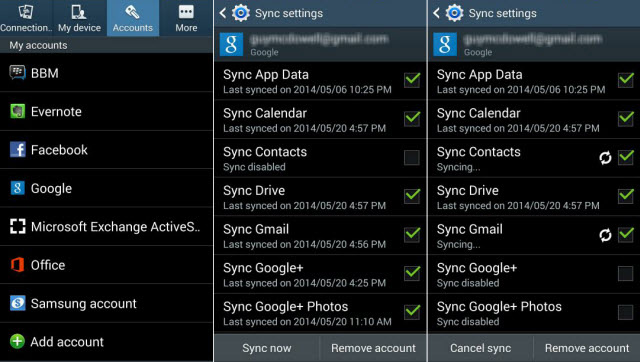
3. Only use services and applications when needed
The main phone functions like WiFi, Bluetooth and GPS all consume power when running. If there is no WiFi anywhere, or not using Bluetooth or GPS, turn them off. These services often search for routers, nearby Bluetooth devices and GPS satellites, whether these are available or not.
Most Android interfaces allow these functions to be turned off, just swipe down from the top of the screen to display all functions like WiFi, NFC, etc. If the function is highlighted, that means is it turned on. Just touch it to turn off. If the device has Power Saving mode, try turning on this feature. Newer devices may have a Quick Settings panel, accessed by clicking the icon in the upper right corner of the notification bar.
- How to customize battery saving mode on Android Oreo
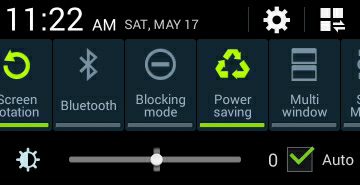
Your phone consumes more energy when it is in an area where there is no mobile service because it must constantly search cell tower to connect. This takes a lot of energy.
Applications using location-based services can use a combination of GPS satellites and wireless networks to estimate your location. If you don't need a location-aware application, you can turn off Location Services by going to Settings> More> Location Services , unchecking the Access to my location check box .
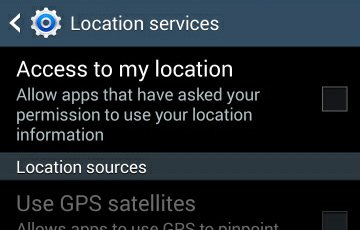
4. Change the screen brightness
Phones use energy to run programs and services, but there is one object that consumes more energy than the screen. By adjusting the screen brightness to low, you can add more precious seconds to battery run time. Change brightness by swiping down from the top of the screen to display the brightness bar. Uncheck the Auto box and drag the slider to find the brightness and energy saving balance.

Another trick is to use a simple black screen for the lock screen and home screen. This can only be done with AMOLED displays ( A ctive- M atrix O rganic L ight- E mitting D iode). The way this screen works is to lighten different pixels, which is one of three colors - red, green and blue - to give an impression of a specific color. When the device wants to display certain shades of black, it will not light up any pixels, the less light the less energy is consumed.

Also Android users can download a black wallpaper. To install it, transfer the file containing the wallpaper to a folder on the phone. Go to Settings > My Device > Display , tap Wallpaper . Here you can choose to change the main screen, lock screen or both. Navigate to the place where the black wallpaper is saved and select it.

5. Turn off vibrate mode
Another huge electric vacuum is a vibrating mode on an Android smartphone. Creating motion against friction and also wasting energy like heat. If you don't need vibration mode, turn it off. Turning off vibration mode also means that you will turn off vibrate for notifications such as phone ringing and haptic feedback. Haptic feedback is touching a button, Android phone will 'twitch'.

6. Keep the phone cool or warm
Did you know that temperature can affect battery life? So do not leave the battery too hot or too cold.
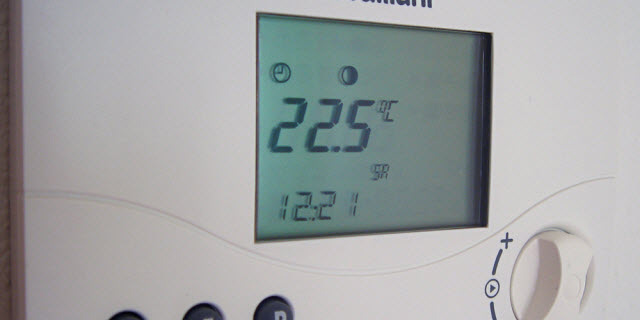
Leaving the battery at an extremely cold temperature increases the internal resistance of the battery to the current. This reduces battery capacity or runtime. In addition, leaving the battery at a high temperature causes the battery to wear out, damage the battery, waste power, reduce runtime and eventually the battery can "die". So you should leave the phone at room temperature, this is the ideal temperature for batteries.
7. Use booster batteries
There are many types of batteries enhanced on the market, some batteries function as phone covers, so don't have to carry two devices at the same time. With this battery booster you can easily double or triple the battery run time.
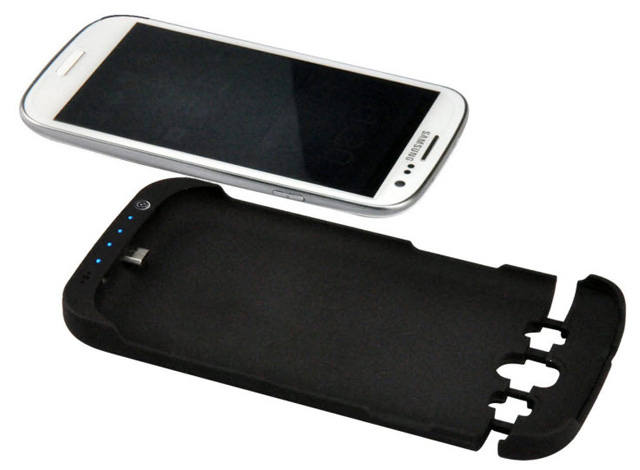
8. Charge your phone battery when needed
Whenever possible, charge the Android battery. It is often advised that the charger should not be plugged in when the battery is not fully discharged, but for today's modern batteries it is no longer true. You can charge the battery at any time and do not damage the battery.
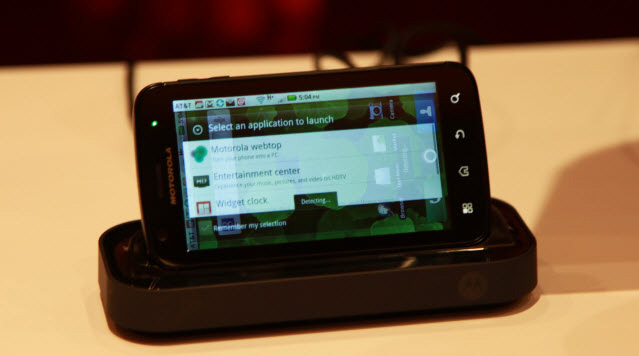
9. Turn off the phone
When the phone is completely turned off, the power consumption is very small. Unless you are waiting for an emergency call in the middle of the night, turn it off before going to bed or turn off whenever needed.
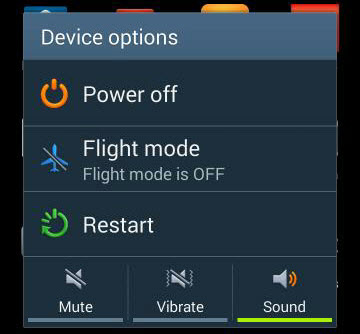
Applying any of the above battery-saving measures will also change your Android battery life.
You should read it
- ★ Extend battery life Android does not need root with this application
- ★ 8 tips to extend laptop battery life
- ★ Don't, and exactly, never leave your phone down to 0% battery!
- ★ Extending three times the amount of batteries of smartphones and tablets by ... sand
- ★ How to increase and extend the battery life on the Laptop effectively